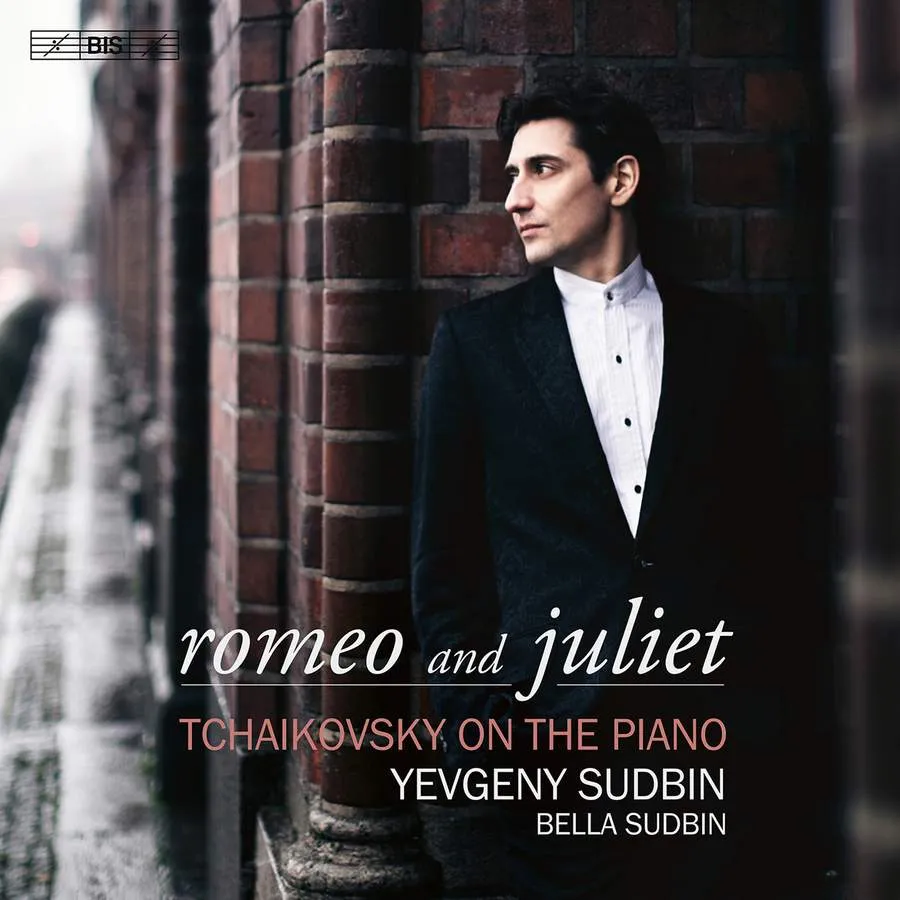
Glinka • Tchaikovsky Glinka: Ruslan and Lyudmila Overture; Tchaikovsky: Romeo and Juliet – Overture-Fantasy (arr. Sudbin); Morceaux – selection, etc. Yevgeny Sudbin (piano) BIS BIS-2198 (CD/SACD) 73:58 mins
It’s not all frilliness in Yevgeny Sudbin’s mostly-Tchaikovsky feast; the Chinese boxes give us the authentically profound miniaturist at the heart of the sequence. The outer layers, it seems to me, are varying in their success. The Ruslan and LyudmilaOverture of Glinka, whose output Tchaikovsky described as the acorn of Russian music’s oak, glitters with brilliant inner parts and harmonies (Sudbin notes that the centre here sounds like Scarlatti). Tchaikovsky’s first hit, Romeo and Juliet, is magical in the Russian-orthodox theme of Friar Laurence and the swashbuckling Montagues and Capulets, but plunges into the love music with Lisztian bravura, too much, I think, for its initial inwardness. In the second layer, we get two ballet waltzes for four hands, missing for me the note of tender beauty, but hugely impressive in that you simply can’t tell Sudbin’s playing apart from that of his 12-year-old daughter Bella.
The Dumka, most substantial of Tchaikovsky’s own pieces for piano, has perfect pensiveness offset by unpredictable panache. The composer shows that lacework can enhance rather than overwhelm a lovely theme in the final sections of his C sharp minor Nocturne and the Chant élégiaque; Sudbin handles them poetically but is even more at home in the bounce of the 5/8 Waltz and the ‘November: Troika’ from The Seasons. I’d have been happy for a complete sequence of original Tchaikovsky pianism, but Sudbin is so engaging a personality that he carries it all off, as did Pletnev in his own more surprising Tchaikovsky ballet transcriptions.
David Nice
